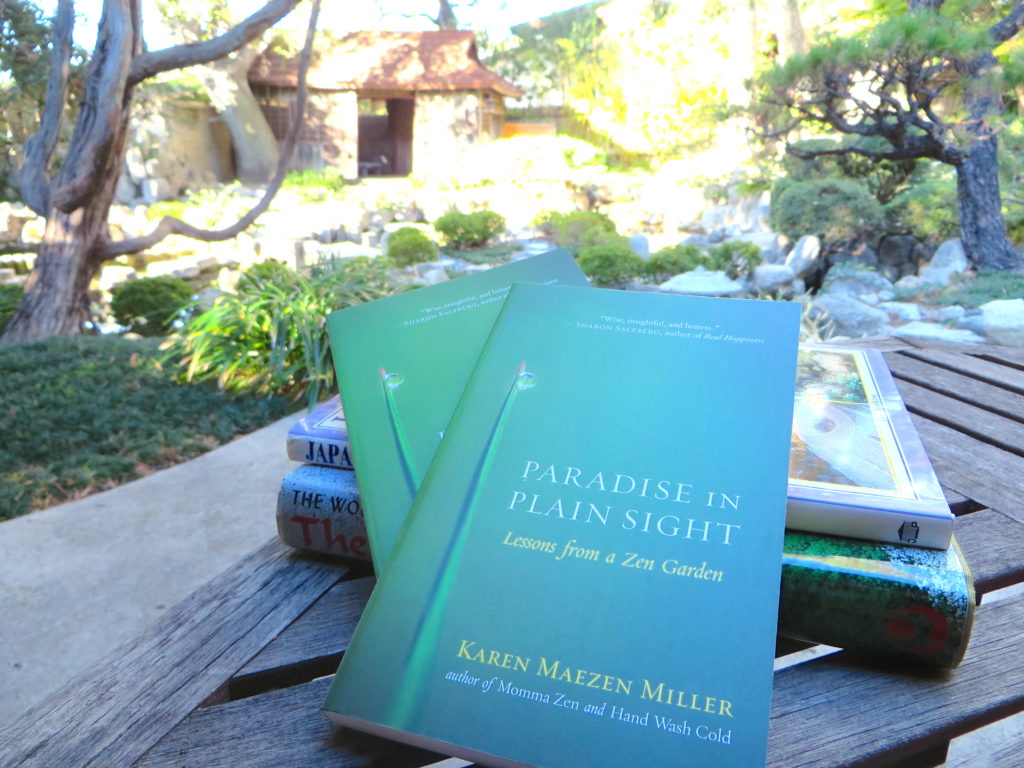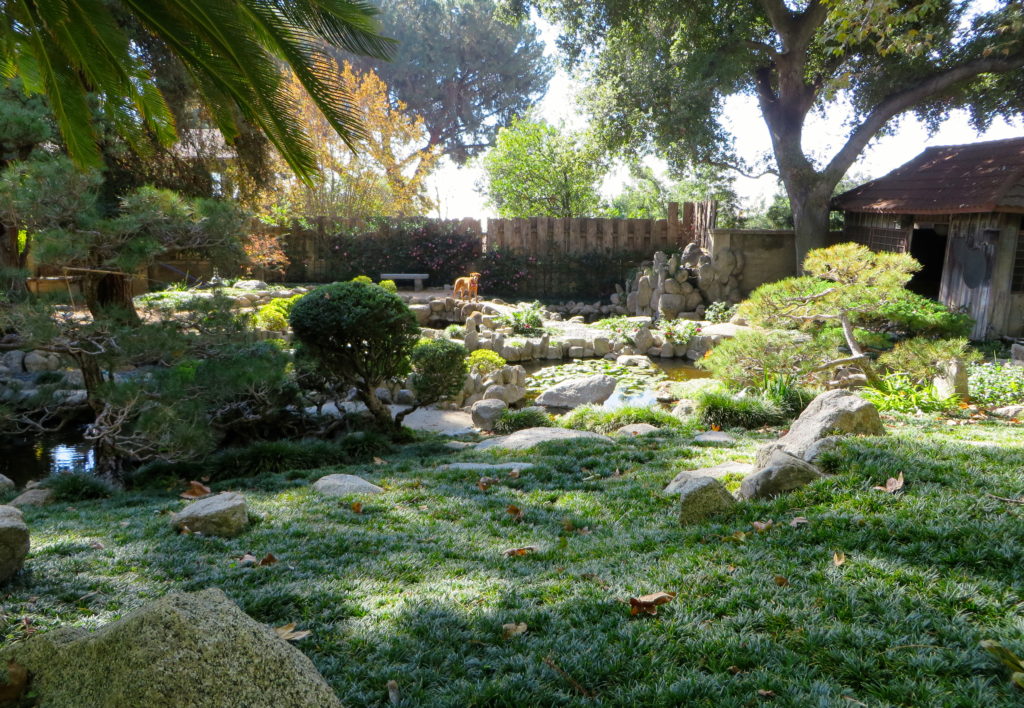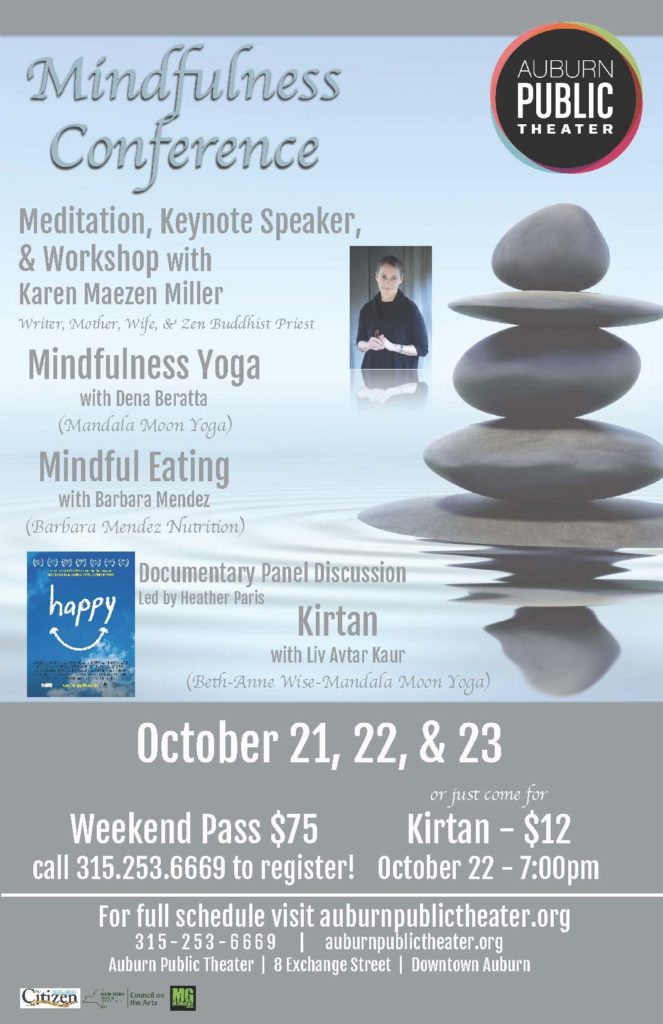 Today I stood in line behind nineteen other patrons served by a diminished staff of two underpaid postal workers, packages stacked cattywumpus in bins and on counters, the holiday stamps sold out, the customers impatient but still peaceable, because what else are you going to do, the wait stretching ever longer behind me as if to the end of time, or at least out the front door, and I thought to myself: this is what this country needs, indeed this is what this country is. Neighbors assembling in democratic fashion, first-come first-served, inconvenienced, to do something selfless for someone else, using an old-fashioned and unglamorous system that still ably conveys their tidings across inconceivable distance and indecipherable zip codes with a high degree of reliability, affordability, and yes, even speed.
Today I stood in line behind nineteen other patrons served by a diminished staff of two underpaid postal workers, packages stacked cattywumpus in bins and on counters, the holiday stamps sold out, the customers impatient but still peaceable, because what else are you going to do, the wait stretching ever longer behind me as if to the end of time, or at least out the front door, and I thought to myself: this is what this country needs, indeed this is what this country is. Neighbors assembling in democratic fashion, first-come first-served, inconvenienced, to do something selfless for someone else, using an old-fashioned and unglamorous system that still ably conveys their tidings across inconceivable distance and indecipherable zip codes with a high degree of reliability, affordability, and yes, even speed.
Perhaps some of us have overlooked what is already great about this country.
Anyone with the proper perspective can tell you that greatness is not stitched on cherry red gimme caps or emblazoned in ten-foot-tall letters atop the penthouse floor, but found in inconspicuously small things. Small things have filled my time since I leapt off social media and invited people to save their Facebook likes and send me mail instead. Since then I have spent a little bit of every afternoon writing to folks who gamely wrote to me first, people in California, Massachusetts, Illinois, Nevada, Wisconsin, Missouri, Virginia, Oklahoma, and Iowa, states I name here so you can know that you made my day.
Your mail has saved me. Saved me from self-obsession, that is. From my own fear, angst, and despair. Because before I respond to a letter I read it several times, entering your life by quieting my own. This is nothing new, just something to be rediscovered: a key, I think, to civil society and noble friendship, the ability to interrupt for a moment the nonstop stream of self-absorption that otherwise engulfs and destroys us.
What I’ve shared with most folks is the vital necessity to take the long view right now, much like a postal customer, and to do small things with great love, as Mother Teresa taught. To be sure, there will be shameful waste and ruin, thievery, greed, lies, crimes and disruption on a grand scale, but our independent spirits can still rise. In these treasonous times, I pledge allegiance to the United States Postal Service, and to the flag of a Forever stamp. If you’d like my address, just send me a message through this Contact form and I will promptly respond because it is the single greatest thing I can do.

















